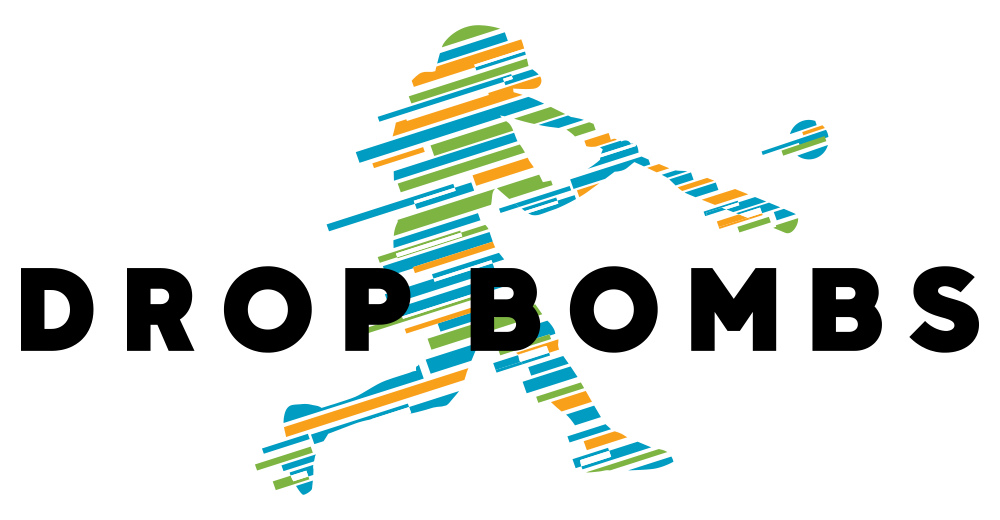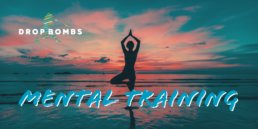Mental Health Training is Critical in Today's Sports
By DROPBOMBS Hitting
Mental Health plays a significant role in an athlete’s performance and overall well-being. While many athletes focus on the physical aspects of training to enhance their physical performance. The mental aspects of sports training, i.e., coping with pressure, overcoming challenges, and maintaining overall mental well-being require the same, if not more, amount of focus and training. Here are some key topics related to Mental Health training and sports:
Performance: Training techniques aim to improve an athlete's performance by addressing factors such as goal setting, concentration, motivation, confidence, and visualization. Athletes can learn strategies to optimize their mental focus, manage distractions, and develop positive self-talk.
Stress and Anxiety: Athletes often face intense pressure, which can lead to stress and anxiety. Training the mind helps athletes develop effective coping mechanisms to manage pre-competition nerves, performance anxiety, and the stress associated with high-stakes situations.
Burnout: Overtraining and burnout can have detrimental effects on an athlete's mental well-being. Training helps athletes identify signs of burnout, establish work-life balance, and develop strategies for stress management and self-care.
Setbacks: Athletes may encounter setbacks, such as losses, failures, or performance slumps, which can affect their confidence and motivation. Training supports athletes in bouncing back from setbacks, developing resilience, and maintaining a positive mindset.
Mental Health training provides a well-rounded approach to an athlete's physical and mental well-being and should be a part of every athlete’s training regimen.
DROPBOMBS Hitting provides the following resources to help you on your journey:
Mental Training Journal by Lindsey Gorman
Mental Training Membership Information: Sign-Up
The DROPBOMBS Mental Training program is not a substitute for professional help. The Audio recordings nor the Journal is not intended to diagnose, treat, cure, or prevent any condition or disease. Please seek help from a qualified healthcare provider. If you want to harm yourself or others, reach out now. 24hr help is available. Call 1-800-273-8255 or Text "home" to 741741


